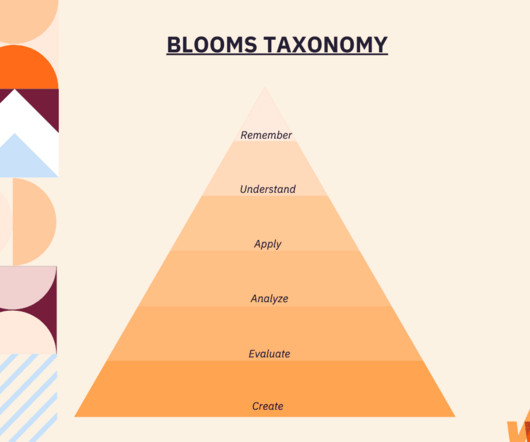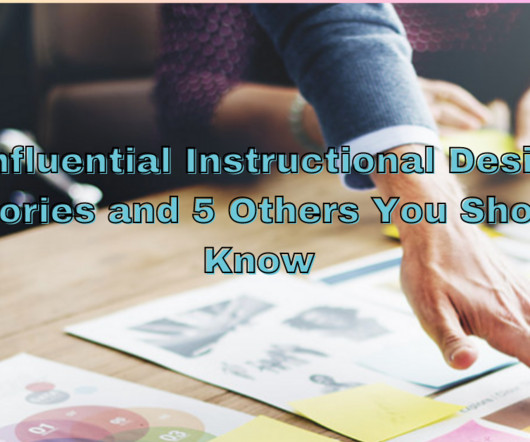Content, Skill and Scale: ID Best Practices?
Infopro Learning
JULY 27, 2023
This discipline adheres to a structured approach, which includes assessing requirements, devising a process, creating materials, and appraising their efficacy. Next, the implementation phase brings the materials into action, leading to the final evaluation stage, where the effectiveness of the design is assessed and refined.






























Let's personalize your content